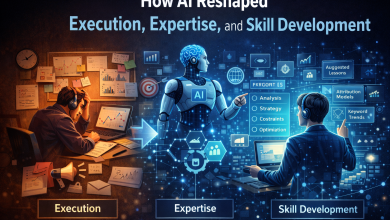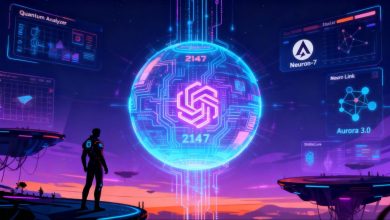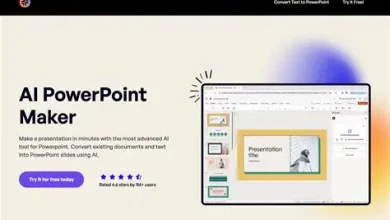
The CV has been with us for centuries, nearly as long as the Gutenberg printing press, often credited to Leonard da Vinci and taking the form of a letter he wrote to a potential employer sometime in 1481 or 1482. Despite the rise of the internet, AI and remote work, the basic CV structure remains largely unchanged: a self-reported list of professional history, achievements and skills. However, the fundamental problem with the CV is the same today as it has always been: it is a self-authored narrative. It relies entirely on the candidate’s representation of their own experience and character, which, let’s admit it, may be unintentionally biased, or intentionally deceptive.
According to a 2023 survey of 1900 workers conducted by ResumeLab, 70% admitted to lying on their CVs, and 37% said they do so frequently. Even without lies, CVs often fail to provide real insight into prospective performance, especially for complex roles requiring nuanced, future-facing skills.
As the digital economy has evolved, the hiring process has not kept pace. The internet, paradoxically, has made the hiring signal-to-noise ratio worse. Ghost jobs, mass applications and automated spam mean employers are buried under CVs they can’t properly evaluate. For candidates, genuine opportunities get lost in a sea of junk listings, fake offers, and algorithmically gated systems. Professional platforms, while useful for storing work history, offer little help in validating trust or protecting data. Spam, bots, and fake profiles are still rampant.
AI doesn’t cover all the bases, but it’s a good start
Artificial intelligence is being deployed in recruitment to solve some of these problems, but not without controversy. AI-based CV screening tools have become common, helping employers rank and filter applicants. These tools can process tens of thousands of documents in seconds, identifying key qualifications or red flags. Yet concerns persist around bias and fairness. It’s not entirely clear that AI has yet removed or reduced the bias in the traditional job application process though. According to one 2024 study that looked at an analysis of over 500 résumés, AI tools favored white-associated names 85% of the time and female-associated names only 11% of the time. So it seems even the robots have a trust problem.
However, more thoughtful applications of AI show promise. AI can now match users with job listings based on their CV, experience, and preferences, scanning thousands of listings and surfacing personalized recommendations in real time. This saves applicants significant time and helps them discover better-fitting opportunities. Some systems now offer an “AI Apply” feature that reads the job description, extracts the relevant fields and completes applications using pre-existing CV data, dramatically streamlining the candidate’s experience.
Employers benefit too, with AI-powered CV parsing and scoring allowing them to surface the strongest applicants faster, filtering by relevant experience, cultural fit or specific credentials. These tools prioritize not just keywords, but indicators of trust, verified skills and domain-specific expertise. Done right, AI shifts hiring from a manual bottleneck to a scalable decision-making process.
The missing layer: Verifiability and trust
Still, AI alone cannot solve the CV’s trust problem. The issue isn’t just identifying candidates, it’s knowing whether their self-claims are real. This is where blockchain and decentralized identity frameworks may play a complementary role. By certifying key elements of professional history, credentials, work history and references on-chain, candidates can present CVs that are not merely assertions, but cryptographically verified claims.
This approach functions like a preemptive background check. A recruiter doesn’t just see “MBA, Harvard”, they see a verified attestation issued by the university or an accredited authority. Similarly, job performance reviews, certifications and even open-source contributions can be permanently logged and verified, giving hiring managers deeper insight with less manual legwork.
Professional platforms of the past, like LinkedIn, have relied on testimonials and endorsements that are easy to manipulate and hard to audit. A Web3-native layer could make professional reputation portable, verifiable, and composable across platforms. Instead of relying on fragile, siloed networks, candidates could build a decentralized, persistent identity rooted in demonstrated contributions and validated achievements.
The future of hiring needs more than AI
The CV has barely served the information economy and is even less suited for the AI- and blockchain-powered digital economy emerging today. Platforms and protocols that embrace AI-driven personalization, verifiability, and decentralized reputation will define the next era of recruitment. This isn’t about replacing human judgment, it’s about giving employers and candidates better tools, rooted in data integrity and privacy. As hiring evolves, we must do more than digitize old processes. We need a new infrastructure for trust, truth, and talent discovery, because the future of work depends on it.





